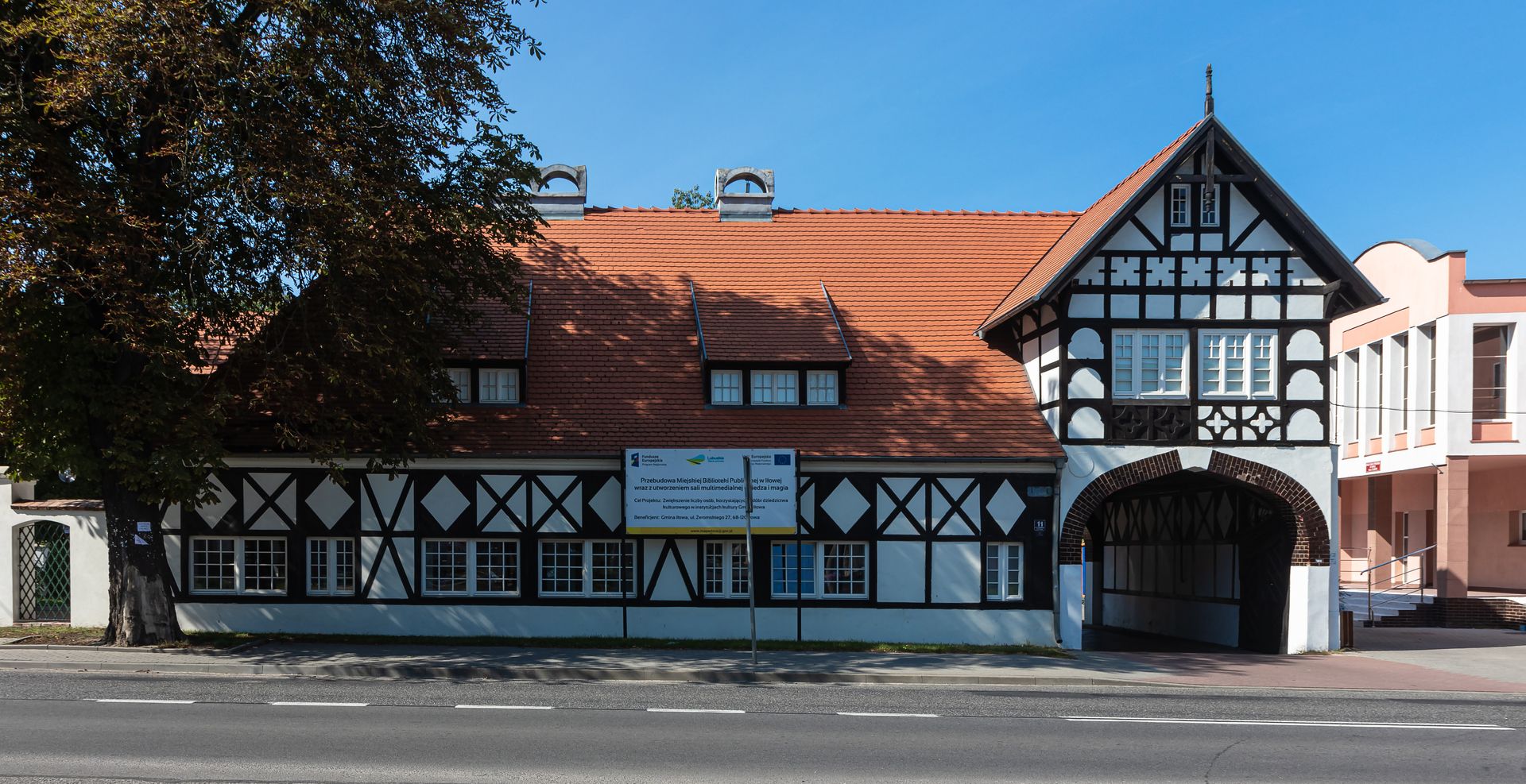Iłowa
6.94

Overview
Iłowa, known in German as Halbau, is a town in the Lubusz Voivodeship, located on the border of Upper Lusatia and Lower Silesia. The settlement was established in the 10th century as a forest village on a trade route and gained historical significance, among other times, during the Battle of Legnica in 1241. In 1356, the town was first mentioned by name, and it received its town rights in 1679. The history of Iłowa is linked to many owners, including prominent noble families, which influenced its development and architecture. A valuable landmark is the 18th-century Evangelical church, as well as a palace complex with Baroque and Neo-Rococo features, which now serves as a school. The park surrounding the palace, with gardens in English, French, and Japanese styles, became an inspiration for the Japanese Garden in Wrocław. Iłowa also has interesting culinary traditions, including the production of gingerbread in the 18th century. During World War II, a male subcamp of the Gross-Rosen concentration camp was located nearby. After the war, the town underwent numerous administrative changes, and its town rights were restored in 1962. Today, Iłowa is gaining importance as an industrial and logistics center, with a developed glass and textile sector. The town offers rich recreational and sports opportunities, including the football club Piast Iłowa, as well as numerous educational facilities. Iłowa is a place that combines historical traditions with modern development, making it an interesting point on the regional map.
Location
2026 Wizytor | All Rights Reserved